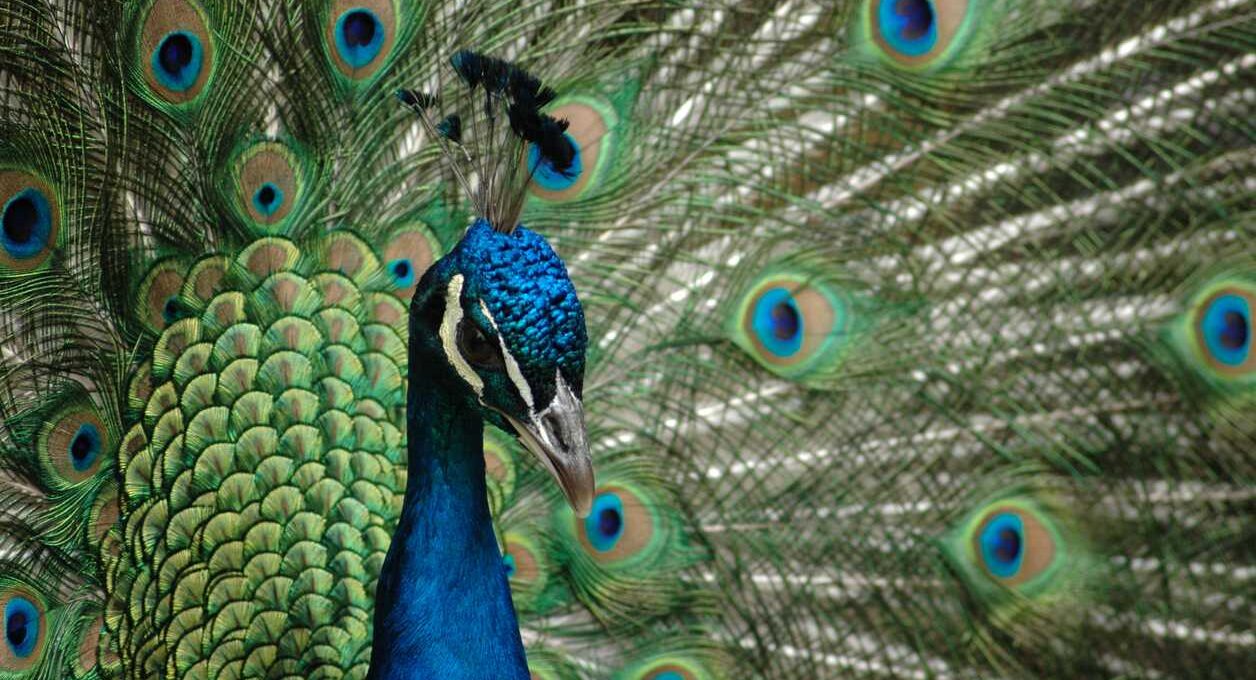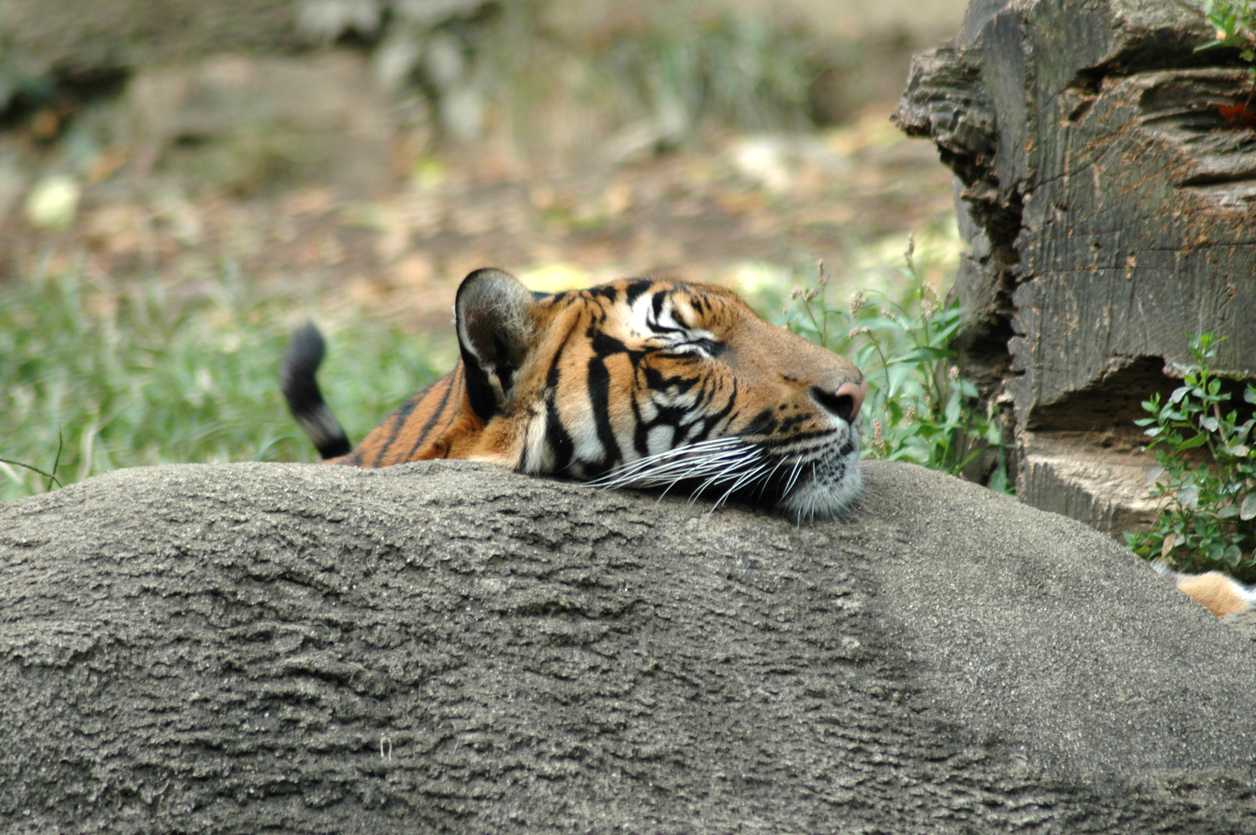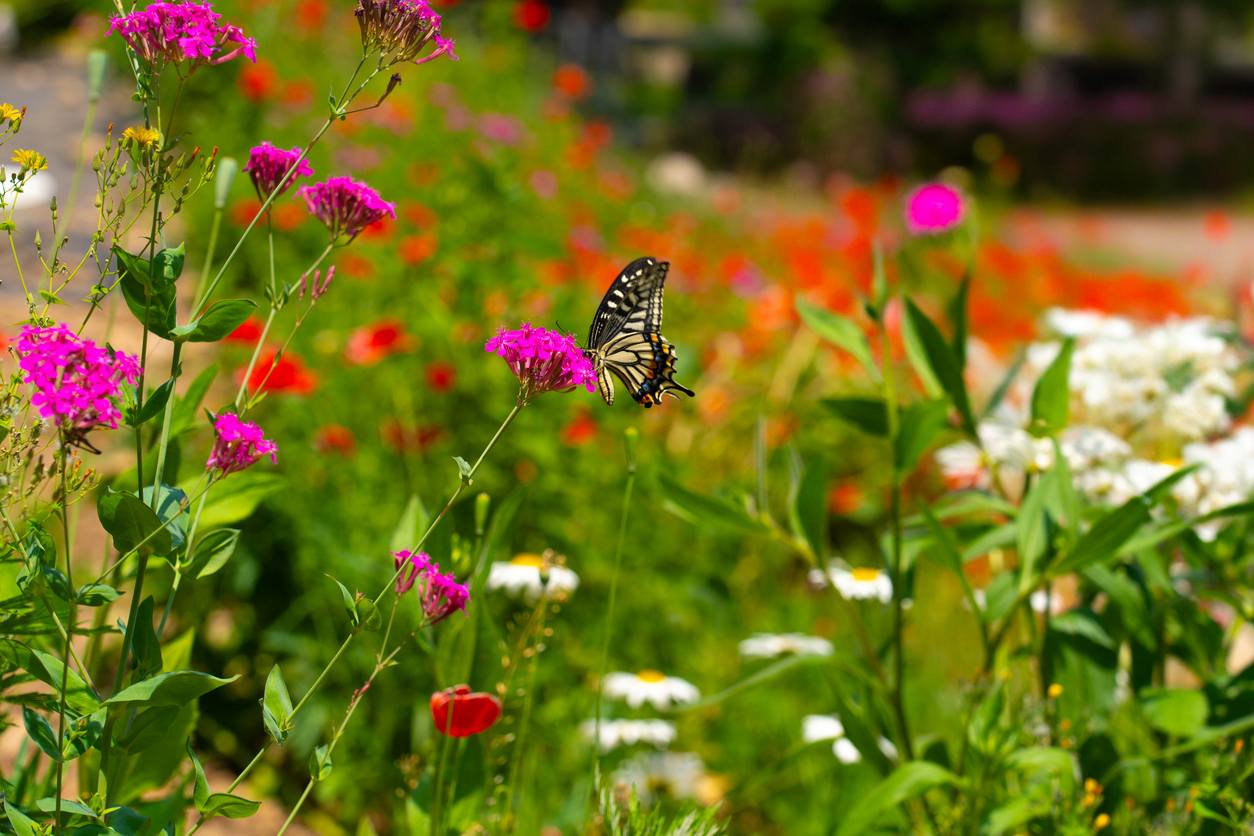Everything You Need To Know Before Visiting the Cincinnati Zoo
Enjoying a summer day at the zoo, with an ice cream in hand and a lion exhibit ahead, creates lifelong memories. As you get ready to celebrate the Cincinnati Zoo & Botanical Garden’s 150th anniversary with friends and family—reminiscing on old times and making new ones—remember to plan! Founded in 1873 and opened in 1875, […]
Enjoying a summer day at the zoo, with an ice cream in hand and a lion exhibit ahead, creates lifelong memories. As you get ready to celebrate the Cincinnati Zoo & Botanical Garden’s 150th anniversary with friends and family—reminiscing on old times and making new ones—remember to plan!
Founded in 1873 and opened in 1875, this world-renowned zoo spans 74 acres, featuring various paths, animal displays, and gardens to explore. To make your visit easier, consider some preparations in advance. Our blog shares essential exhibits to see, how to buy tickets, and helpful tips.
Must-See Exhibits at the Cincinnati Zoo & Botanical Gardens
The Cincinnati Zoo & Botanical Gardens features nearly 2,000 animals across more than 500 species, providing numerous spots to traverse and a diverse array of animals to observe. Check out our suggested exhibits below.
Gorilla World
Gorilla World, situated on the north side of the zoo, was among the earliest naturalistic primate habitats when it opened in 1978. Experience a recreated African jungle featuring towering trees, lush ferns, and twisting climbing plants that form the backdrop of this habitat.
Several open viewing areas allow visitors to observe western lowland gorillas and black-and-white colobus monkeys from various angles. Plus, there is an indoor space with floor-to-ceiling viewing glass that provides year-round viewing.
Hippo Cove
In the southeast corner of the Africa area, you’ll find Hippo Cove near the meerkats and painted dog valley habitats. Here, Fiona the Hippo lives, famously born six weeks early and watched by the world as the Zoo’s care team provided round-the-clock critical care.
Now, Fiona thrives in Hippo Cove, an area with floor-to-ceiling viewing glass that allows you to watch the hippos swim, eat, play together in the water, and enjoy the simulated natural habitat, complete with a waterfall.
Manatee Springs
Celebrate the rich diversity of Florida’s aquatic life at Manatee Springs. Near The Grove and Mai Thai’s Market restaurants and the Visayan warty pig habitat, observe the tranquil Florida manatees swimming from behind the viewing glass and spot various other creatures coexisting underwater, as well as in separate habitats within this area. You can find a range of tortoises, snakes, fish, crocodiles, and more in this Florida-like setting!
World of the Insect
In 1978, the first habitat dedicated solely to insects was constructed at a zoo—the Cincinnati Zoo & Botanical Garden. This indoor, interactive exhibit features dozens of insect, amphibian, and reptile species, including the bat cave cockroach, gargoyle gecko, Anthony’s poison dart frog, red-kneed tarantula, and the thorny devil. After exploring Lemur Lookout and the butterfly garden, visitors can stop in the World of the Insect at the very north of the zoo.
Cat Canyon

Next to the bald eagle and Galapagos tortoise exhibit, you’ll find Cat Canyon. This area is home to Malayan tigers, snow leopards, cougars, and Eurasian owls, showcasing the magnificence and elegance of these incredible creatures in these immersive habitats.
Are you looking to get a Cincinnati Zoo tiger sighting? The best time to visit the tiger exhibit is in the morning, when the cubs, especially, are often more active and playful. When the weather is lovely, you’ll usually see them spending most of their time outside.
African Penguin Point
Step into African Penguin Point to visit the simulated habitat of African penguins, located next to the Safari Train Station and Wolf Woods. This area features a large tank with floor-to-ceiling viewing glass, allowing you to watch the penguins as they swim. Inside, you can spot African penguins and white-breasted cormorants, other birds native to Africa.
The African penguin is quite possibly the most endangered species at the Cincinnati Zoo. This is why the Association of Zoos & Aquariums, also known as the AZA, has chosen it for the Saving Animals from Extinction, called SAFE, initiative to help protect the species from extinction.
Wolf Woods
Across from the Children’s Zoo and African Penguin Point, hike through the woods to see where the Mexican wolves rest and the North American river otters swim and play. The Wolf Woods trail highlights the conservation of Ohio’s woodlands and the North American river otter, along with efforts to preserve the Mexican gray wolf, native to the southwestern U.S., within a forested environment featuring tall trees. You may even see a red-tailed hawk if you keep an eye out!
Birds of the World
Discover the incredible diversity and beauty of birds from around the world at Birds of the World on the east side of the zoo, next to the Garden of Peace and the orangutan exhibit. In this open-air habitat, observe mixed-species birds along with a dozen other aviary habitats, while also connecting with native bird species found in the area. See all your favorite birds and find new favorites from over three dozen species at Birds of the World, from ibis and geese to penguins and parrots.
Discover the Beauty of the Cincinnati Zoo & Botanical Gardens
Voted the #1 best botanical garden in the U.S. by USA Today, the botanical garden at the Cincinnati Zoo spans the 74-acre campus. These gardens feature over 3,000 plants, ranging from creeping groundcovers to towering trees, all set against scenic backdrops near the animal habitats.
The Cincinnati Zoo & Botanical Gardens is well known worldwide for its dedicated conservation work, especially with endangered plants through cryogenic seed and tissue preservation. The zoo also warmly hosts many garden events and educational programs that invite everyone to learn and enjoy.
Explore Themed Gardens

The horticulture team at the Cincinnati Zoo cultivated distinctive gardens throughout the zoo, providing beautiful spots for family photos and opportunities to observe various native insects on countless plants. Gardens we recommend visiting include:
- Pollinator Garden. A Garden Featuring Plants, Like Aster, Allium, Milkweed, Sunflowers, and More, That Attract Bees, Butterflies, Hummingbirds, and Other Insects, Which Play a Vital Role in Plant Reproduction.
- Native Plant Garden. Next to the Passenger Pigeon Memorial, Find Native Plants That Passenger Pigeons Would’ve Enjoyed, Such as Bigleaf Magnolias and Spicebush. These Native Plants Also Serve as Host Plants for Butterflies and Moths.
- Asian Waterfall Garden. A Forested Garden Area Extending Along the Streams Into Open Grasslands, Featuring Lush Tropical Plants Such as Bananas, Large Elephant Ears, and Chinese Fan Palms.
- Roo Valley Exit Gardens. You’ll Notice Several Garden Beds, Including Many Perennials, as You Leave Roo Valley. These Plants Include Hyssop, Ferns, Yarrow, Hydrangeas, and Even Young Trees.
Enjoy the Festival of Lights at Cincinnati Zoo
Each year, from late November through early January, the Cincinnati Zoo & Botanical Garden hosts the PNC Festival of Lights. With millions of LED lights adorning various spaces across the zoo, there are opportunities to meet Santa Claus, explore themed exhibits, and participate in family-friendly activities, which usually start at 4:00 p.m. While the animals begin heading inside at 5:00 p.m., you can arrive earlier to tour outdoor exhibits or view the indoor displays.
What You Need To Know About Cincinnati Zoo Tickets
One of the easiest ways to buy your zoo tickets—and save money—is online. You can save up to $10 per ticket on select days when you purchase tickets online or in advance. Children under three receive free admission, while tickets for children aged three to 12 and seniors aged 62 and above range from $11 to $19. Tickets for adults aged 13 to 61 cost between $17 and $25.
Groups of 15 or more, school groups, and corporate groups receive special rates or discounts. The Cincinnati Zoo & Botanical Garden also has ticket discounts for military members, first responders, and reciprocal zoo members, as well as providing Access for All discounts to those with SNAP or EBT.
Cincinnati Zoo Hours and Understanding Seasonal Changes
The zoo’s hours vary throughout the year, so it’s important to check their opening and closing times to avoid arriving too early or staying too late. See the hours below:
- January 6th through November 19th, 10:00 a.m. to 5:00 p.m.
- March 1st Marks the Start of Members’ Early Entry at 9:00 a.m.
- November 20th through January 4th, Sunday through Thursday, from 10:00 a.m. to 9:00 p.m., and Fridays and Saturdays from 10:00 a.m. to 10:00 p.m.
- December 20th Through December 31st, 10:00 a.m. to 10:00 p.m
- Closed Thanksgiving Day, Christmas Eve, and Christmas Day
Weather Considerations for a Trip to the Zoo
The Cincinnati Zoo is open rain or shine and does not give refunds or rain checks for tickets purchased during inclement weather if the park remains open. Some exhibits may close and programs may be canceled due to extreme weather, but a little rain typically won’t dampen your zoo experience. Some animals are more active in the rain, and the park is usually less crowded while still featuring indoor exhibits to explore!
Is a Cincinnati Zoo Pass Worth It?
If you plan on visiting the Cincinnati Zoo & Botanical Garden and other zoos and aquariums around the country, a zoo pass is worth it! The membership offers a wide range of perks to make your zoo trips enjoyable and convenient for everyone.
With free admission, parking, and discounted tickets for additional guests, you can experience everything the zoo offers without overspending. A zoo membership also includes free entry to the PNC Festival of Lights and discounts at the gift shop, restaurants, and educational programs.
Plan Your Visit to the Cincinnati Zoo Today
The Cincinnati Zoo & Botanical Gardens is celebrated worldwide for its animals and conservation work, making it a great place to see creatures from around the globe and explore beautiful, curated gardens. To make the most of your visit, plan your zoo trip in advance. Decide what you want to see and prepare for the day with plenty of water, sunscreen, and comfortable shoes.
Enjoy everything the Cincinnati Corridor has to offer, including the Cincinnati Zoo & Botanical Gardens, tasty restaurants, and Cincinnati nightlife, when you live at one of HILLS Properties’ apartment communities. Our four luxury apartment communities in Cincinnati feature spacious layouts, upscale amenities, and abundant community features designed to enhance your lifestyle!



